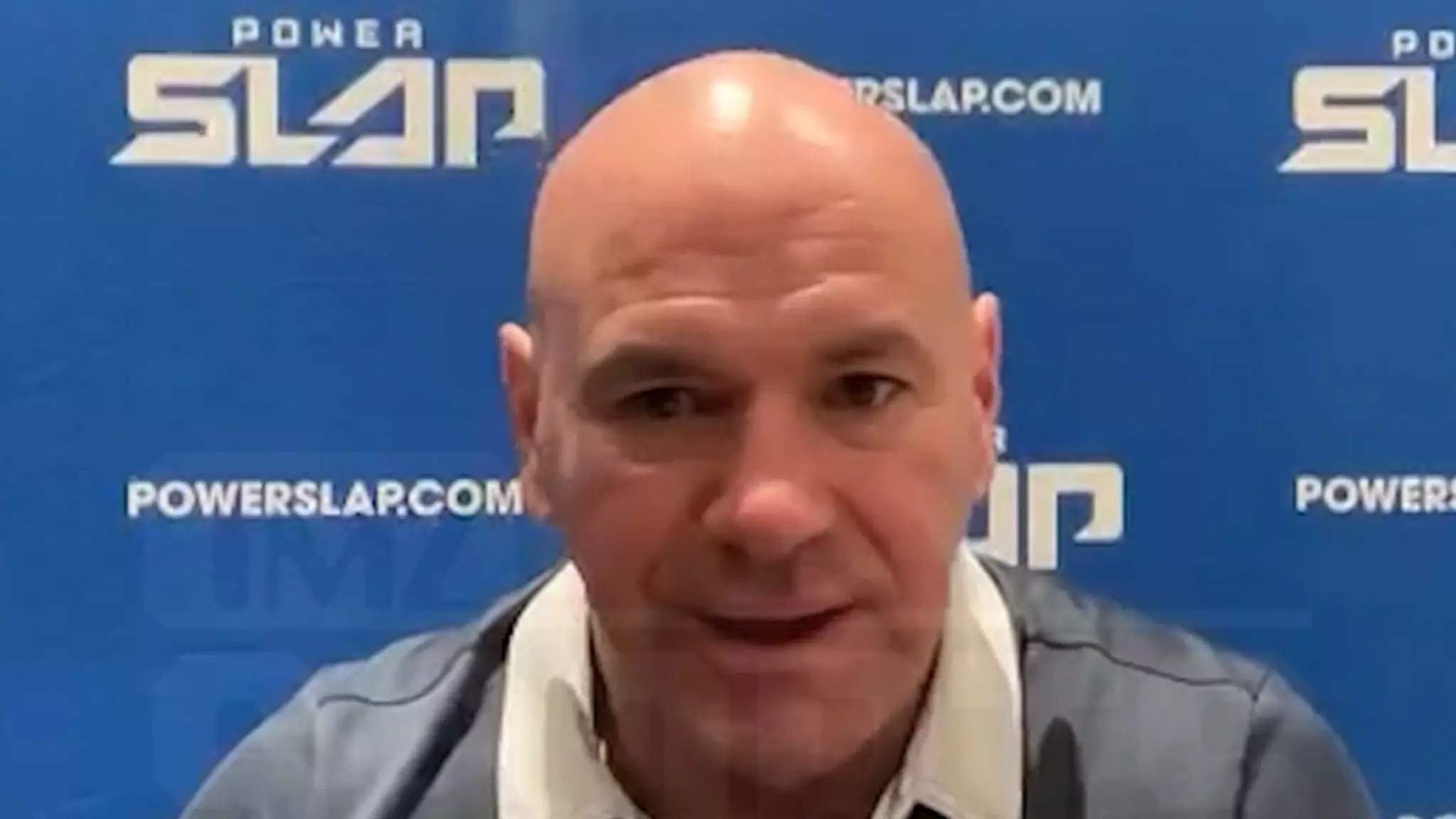In the world of mixed martial arts (MMA), fighters often face an uphill battle to gain recognition, particularly when navigating the hierarchy of promotions like the UFC. A recent example of this struggle arose with the Tajik fighter Dorobshokh Nabotov, who, despite being undefeated, found himself largely unknown on the international stage. His journey took a daring turn during a press conference for UFC 308, where he seized an unexpected opportunity to make a pitch that would put him in the spotlight.
Demonstrating undeniable audacity, Nabotov approached UFC President Dana White directly from the audience, framing his request in the simplest yet most compelling terms. “I am an undefeated elite athlete from Tajikistan. Nine wins, zero losses,” he declared, invoking his perfect record as a testament to his potential. Unlike many fighters who rely on representation by managers or agents, Nabotov claimed to have navigated this complex landscape alone, a narrative that adds a level of intrigue and relatability to his character.
Yet, one must question the wisdom of such an overt display. Was this a well-calculated maneuver or a desperate plea from an athlete who felt cornered in his ambitions? In an age where social media allows for more strategic self-promotion and networking than ever before, Nabotov’s approach is refreshingly unorthodox. While some may view his decision to directly address White as brash, it also reflects a profound understanding of the entertainment aspect that drives the UFC. This sport, after all, thrives not only on fighting skill but also on personalities and narratives that captivate audiences.
White’s response added an intriguing layer to this unfolding story. During a segment on TMZ Sports, he revealed that he was set to travel to South Korea for an event hosted by the “Korean Zombie,” a respected figure in the MMA community. Here, Nabotov would be given a chance to showcase his talents on a significant platform. This outcome demonstrates that sometimes, stepping out of the shadows can yield unexpected opportunities. White’s commitment to potentially sign Nabotov following his performance indicates a willingness to scout talent differently, showcasing the fluid nature of opportunity in the MMA ecosystem.
Despite having fought since early 2018 with an unblemished record, Nabotov’s prior opponents lacked the name recognition that typically garners attention from major promotions. Yet, this could soon shift with the exposure from the upcoming event in South Korea. Such opportunities are pivotal for fighters seeking to elevate their careers from regional circuits to the global stage.
The implications of Nabotov’s bold act extend beyond his own career; they also illuminate the challenges faced by many aspiring fighters. It prompts a broader conversation about how fighters can effectively market themselves in a sport that thrives on drama, personality, and performance. Regardless of the outcome, Dorobshokh Nabotov’s leap of faith serves as a reminder to all athletes about the importance of seizing opportunities and the potential rewards of taking risks.
Whether Nabotov ultimately finds himself in the UFC or not, his story resonates as an emblem of ambition within the competitive landscape of MMA.

